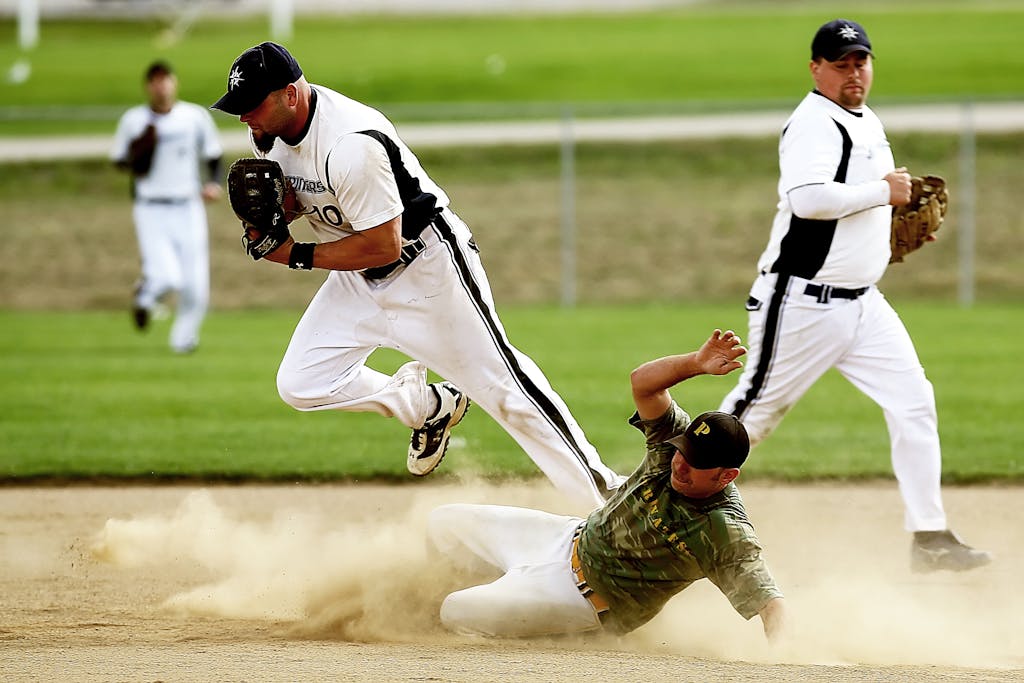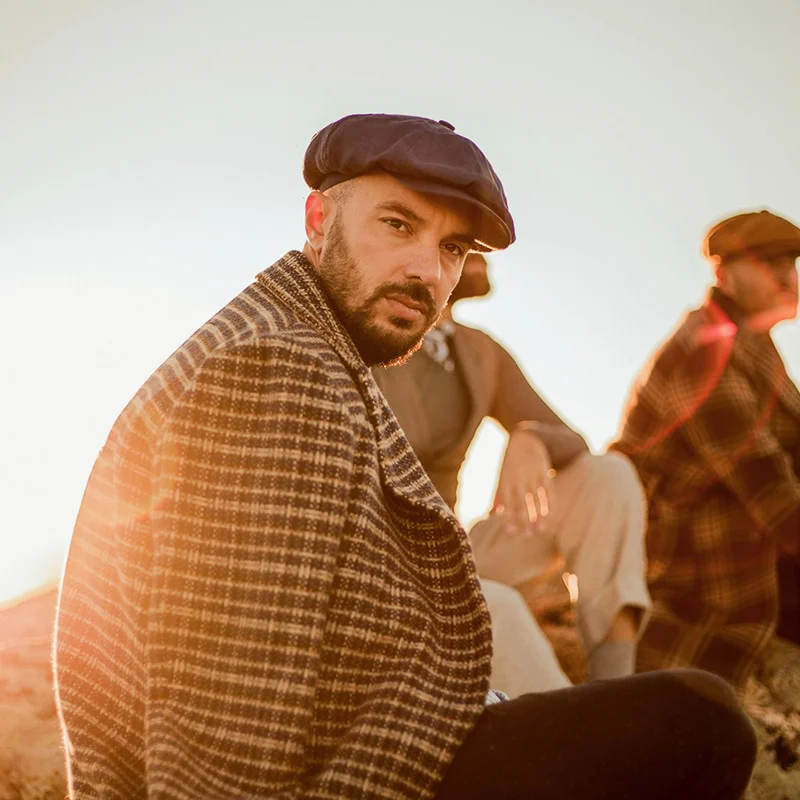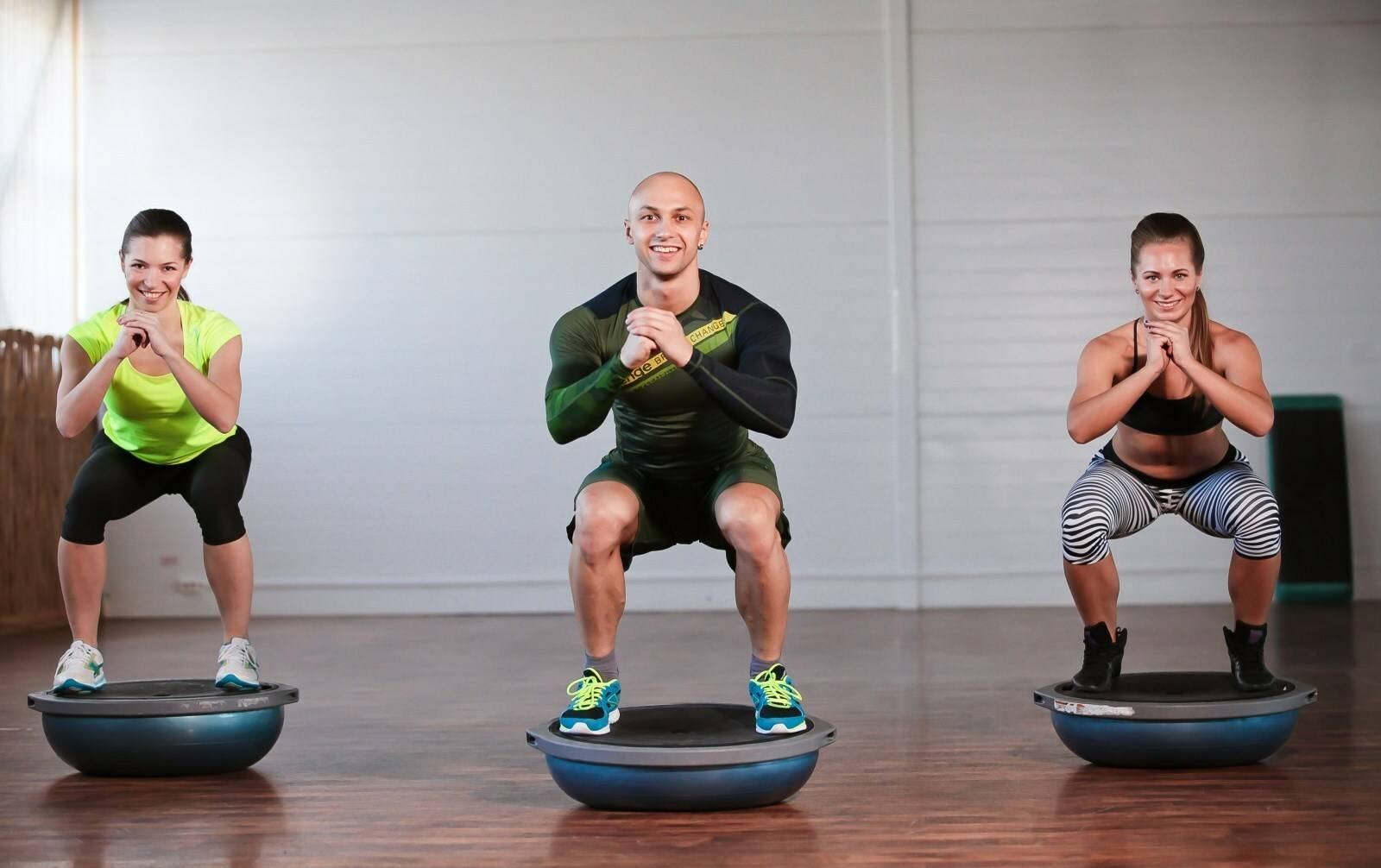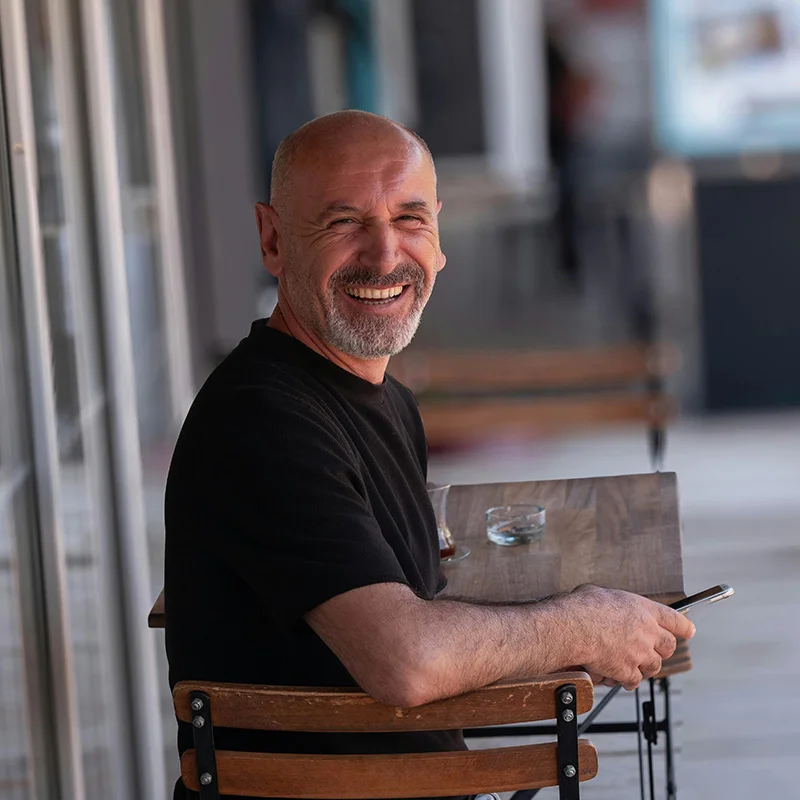In the rapid rhythm of the modern world, we often forget about the elementary capabilities of the body
and consciousness. Meanwhile, balance and coordination are not just physical skills, they reveal the
versatility of our abilities, make each movement conscious and smooth, and life is more saturated and
harmonious. In this article, we will consider in detail why we should pay attention to the development of
balance and coordination, what advantages this brings at the daily level, as well as what areas of human
activity can be enriched due to purposeful training.
What is balance and coordination: basic concepts
Balance is the ability to retain body stability, counteracting external and internal forces. Coordination
involves the coordinated interaction of different parts of the body, which allows you to perform complex
movements accurately and harmoniously. Together, these skills form the foundation for any activity: from
simple household tasks to elegant sports, creative or social manifestations. Understanding the essence of
these processes helps to build competent practice and enjoy every aspect of their life.
Physical advantages: strength and flexibility inside equilibrium
Work on the balance and coordination helps to strengthen the deep muscles responsible for the stability
of the case and limbs. As a result of training, ligaments and joints become more mobile, and muscles -
resistant to loads. Improving flexibility allows the body to adapt more smoothly to a change in positions,
and the development of small stabilizing muscles helps to reduce the risk of uncontrolled sudden
movements. As a result, you acquire not only aesthetic posture, but also confidence in every step, jump or
stretching.
Cognitive benefits: mental balance
The development of coordination of movements is closely related to the work of the brain: each movement
requires analysis, planning and adaptation. Classes, including balance elements, activate the brain
departments responsible for sensorimotor integration, attention and RAM. Regular practice on increased
complexity (for example, exercises on an unstable surface) stimulates the formation of new nervous ties,
improves the reaction to external stimuli and helps to increase concentration in any area of life.
Emotional Harmony: Calmness in Movement
Smooth, verified movements carry a soft meditative effect. While working on equilibrium and coordination,
we learn to focus on every breath and exhale, feel our body from the inside and release extraneous
thoughts. Such a conscious practice brings a sense of internal peace, helps to smooth out emotional
differences and teaches to return to the skill at the time of “here and now” in any life context - whether
it is a business meeting, creative process or communication with loved ones.
Creative self -expression: the language of harmonious movements
Dance, rhythmic gymnastics, yoga and other types of art of movement create a space for creativity.
Developing balance and coordination, a person gains freedom to experiment with forms, rhythm and plastic.
Each smooth sliding, the transition from one asana to another or improvisation to the music turns into a
personal language through which you can express the state of mind. This approach not only reveals creative
potential, but also helps to find inspiration in unexpected.
Confidence and safety: Practical benefit in everyday life
The ability to control your body and move with accuracy is the key to confidence in any lesson. When
climbing the stairs, carrying objects, walks on an uneven surface or outdoor games with children, the
skills of balance and coordination protect against awkward falls and emergency situations. A person who is
familiar with his body is more quickly adapts to new circumstances, perceives changes easier and feels
himself the master of what is happening.
Integration into professional activities
Any profession implies its motor and mental tasks. Artists, musicians, designers find inspiration in a
sense of control over their own body. Specialists working in the field of education and communication are
easier to hold the attention of the audience thanks to conscious posture and free breathing. Even in the
office environment, coordination skills help with long -term presentations and performances, providing
lightness and natural movements.
Social interaction: movement as a language of communication
Gestures, facial expressions and posture are an important part of non -verbal communication. The
development of coordination helps to hone the expressiveness of movements, which affects the perception of
the interlocutors and creates the impression of thoughtfulness and harmony. The ability to hold the
posture and confidently move in space strengthens the reputation of an active, open and attentive partner
in communication, which means it expands social opportunities.
Variety of practices: from simple to complex
The art of developing balance and coordination does not require expensive equipment or specialized halls.
You can start with basic exercises on the floor - standing on one leg or performing simple transitions
from the "sitting" position to "standing". Over time, balancing pillows, gymnastic balls or
stairs-coordination are connected to practice. The main thing is gradual and attention to your own state.
This path allows you to build an individual program adapted to the level of training and personal goals.
Motivation and constancy: Key to skill
Any development requires discipline and desire. To maintain motivation, it is useful to fix the results:
to record the time of retention of the posture, the number of repetitions or sensations after training.
The community of like-minded people, participation in thematic master classes or online groups give the
process an element of the game and support. Regular practice not only strengthens skills, but also forms
the habit of seeing in any familiar activity the possibility for growth.
Experiment and awareness: find your way
Each person is unique, and adaptation of exercises to their own characteristics is the key to success.
Someone prefers smooth yogic practice, for someone it is more interesting to dynamic ballet combinations.
You can combine different approaches or alternate the “Balance Days” with “Coordination Days”. Listening
to your body, adjusting the load and adding new elements, you will create your own, unique methodology
leading to deep harmony inside and outside.
Conclusion: Harmony of movement as a lifestyle
Balance and coordination are not a one -time goal, but a path that reveals the wealth of opportunities
for the body and mind. They help us feel more confident, control our own feelings and create an expressive
space in any field of activity. Strengthening the skill to maintain balance and coordinate movements, we
lay the way to a more harmonious, rich and conscious existence. Start today with simple steps - and you
will be surprised how a smooth, verified movement can enrich every moment of your life.










